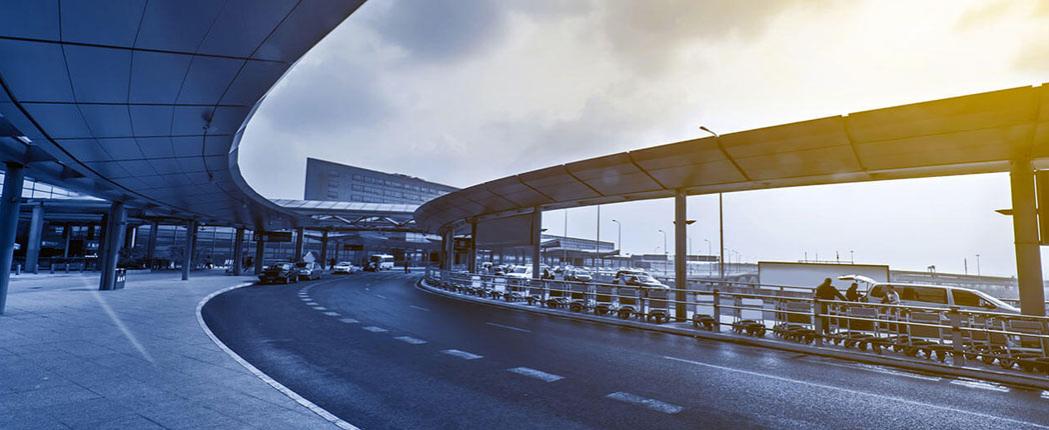“There is a huge global need for infrastructure, which is being driven by three major economic and demographic tailwinds. They are: decades of under investment in infrastructure in virtually every nation; the growing middle class (especially in emerging markets); and tremendous population growth globally.
“Infrastructure provides the basic services that are essential for communities to function and for economies to prosper and grow. It includes essential services such as power and water, as well as ‘user pays’ assets such as toll roads and airports. As such, it offers investors a number of attractive attributes for their portfolios, across all market cycles.
“In falling markets, infrastructure provides a safe haven for investors who can tilt their portfolio towards safe markets and regulated utilities. In this environment, infrastructure provides investors with a defensive asset class with stable, with generally more predictable and resilient earnings, as well as a low correlation to general equities.
“In rising markets, ‘user pays’ assets come into their own. Such assets are usually correlated to GDP growth and are protected from rising interest rates, giving investors an inflation hedge.
“Recent history has shown that as bond yields increase, infrastructure underperforms the broader market at first but then quickly recovers. ‘User pays’ assets tend to outperform both regulated utilities and the broader market, as they are geared towards growth and macro recovery.
“Similarly, as bond yields start declining, investors look for defensive havens and infrastructure assets outperform. Regulated assets gain favour as investors move to protected earnings.
“We have seen this happen over the last market cycle, where infrastructure outperformed the broader market both as the Federal Reserve cut the cash rate and also when it was raised.”
Sarah added that the global listed infrastructure market is growing rapidly, creating more opportunities for investors.
“While government spending will contribute some of the much-needed funding for infrastructure, it will become proportionally less and less of the overall pool of money.
“Looking ahead, global listed infrastructure investment has a much more significant role to play. Currently, it contributes around US$3 trillion to global listed infrastructure investment, up from US$1.8 trillion ten years ago. By 2030, it is anticipated to contribute around US$6 trillion – and this will still just be a small percentage of what is actually needed.
“Forecasts suggest that globally, between US$60 and 70 trillion will need to be spent on infrastructure over the next 15 years.
“For investors, the opportunity set is virtually unprecedented,” Sarah said.
“For the foreseeable future we are looking at strong long-term tailwinds - coupled with almost infinite capacity - and topped off with attractive defensive returns, regardless of share market cycles.”
This is a summary of the presentation made at the recent Bennelong Investment Forum. View event newsletter
